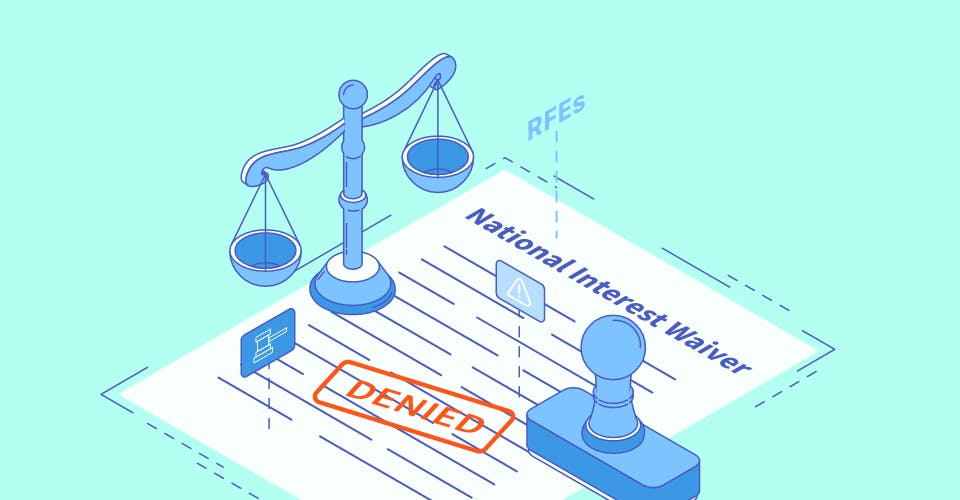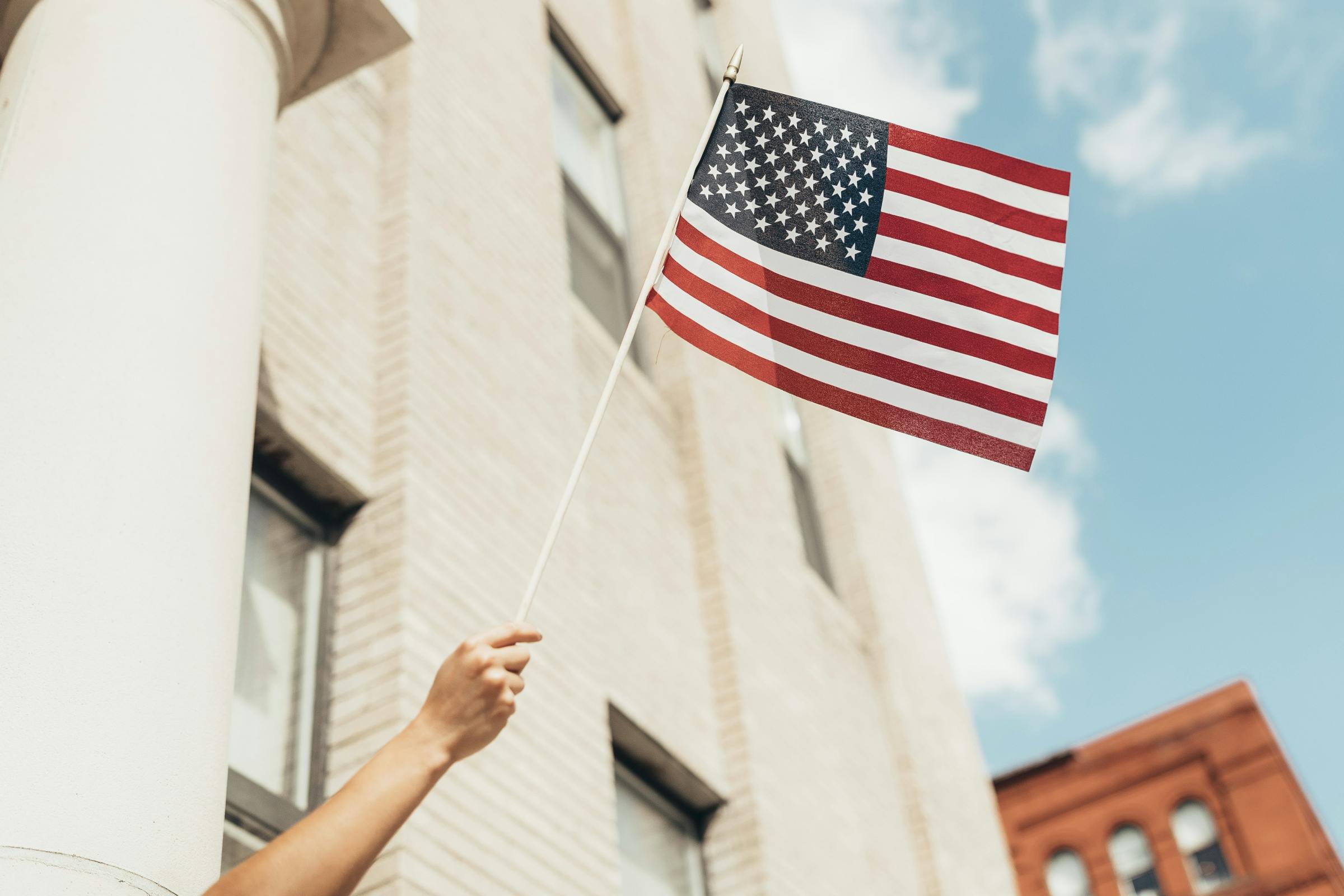In addition to having the USCIS issue a Request for Evidence (RFE) on behalf of your NIW application, there is also the chance you might flat out receive a rejection letter. Fortunately, if you do get rejected by the USCIS, you can file an appeal to see if your application will still have merit. This process usually involves hiring an immigration lawyer and doing research to know what materials to include in your response, but generally there are a few essential steps to take. This blog will be dedicated to better understanding the process of filing an appeal for your national interest waiver application.
Were You Really Eligible?
Before you file an appeal for your rejected NIW case, you need to take some preventative measures and go back to the eligibility requirements of the national interest waiver. If you were ineligible in the first place, then you’ll be saving yourself time, money, and many hours spent filing an appeal. You should ask yourself some preliminary questions regarding your eligibility such as the following:
- Was my proposed endeavor really beneficial for some national interest? How did my proposed endeavor fit into the scope of some U.S. economic sector?
- Am I meeting the minimum requirement of a Masters degree?
- Did all of the publications I submit deal exclusively with the proposed endeavor and advancing the field I’m working in some specific way?
- Does it seem plausible that my proposed endeavor will be able to realistically be used in a market setting?
- If my proposed endeavor isn’t national in scope, is at least regional in scope and does it have a community impact?
These questions should be a good starting point for those issue a rejection letter. From here, applicants need to, in a very similar way to receiving an RFE, figure out the mystery of why the initial self-petition was rejected.
Documents to Include in an Appeal
Once the applicant has determined if they feel as though they should proceed with a legitimate appeal, they need to understand the structure of documents to include and of course where to send them. Anytime one receives a rejection for their NIW application, they will need to send their appeal to the AAO—Administrative Appeals Office. On the Visa2us blog we have covered briefly the functioning of the AAO, but for a brief recap the AAO is an office within the USCIS agency that handles all appeals by rejected petitioners.
According to Liu and Associates, a law firm that specializes in National Interest Waivers, the rejected applicant has 30 days to respond to the USCIS via the AAO. Submitting the following documents is recommended:
- A personal statement written by the applicant (with the help of a counsel, if applicable) stating why the proposed endeavor is in the national interest.
- Supporting documents that were neglected during the first adjudication period or supplementary documents that prove the applicants case to the AAO.
- A review (written by an immigration attorney) of why the USCIS has wrongly judged the applicants materials as not being in the national interest.
It has been the case that the USCIS has misinterpreted applicants case work, and appeals have been overturned and the client is then granted a successful NIW. In general, however, this requires a very good understanding of immigration law and an experienced attorney who can convince the USCIS as to why they may have erroneously issued a rejection letter.
Processing Timeline
The official USCIS statement regarding the timeline of reviewing and deciding on an appeal is the following:
“The AAO strives to complete its appellate review within 180 days from the time it receives a complete case record after the initial field review. Some cases may take longer than 180 days due to factors beyond the AAO's control.” (USCIS, 2021).














